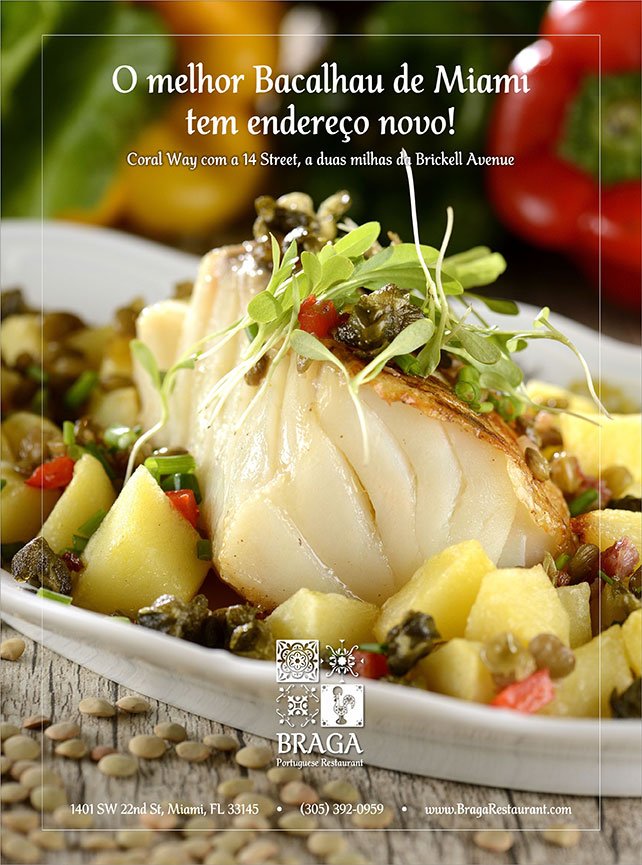The Mediterranean Diet, classified as World Heritage by UNESCO, is part of the identity of the Portuguese gastronomy.
Its basis is plants, including vegetables, fruit, good quality bread and largely unprocessed cereals, dried and fresh legumes (beans, chickpeas, broad beans, etc.), dried fruits and nuts (walnuts, almonds, chestnuts, raisins, etc.), but also olive oil as the main source of fat, and fish at the expense of red meat.
All of these foods, that we prefer to consume in season – and buy in local shops, if not in traditional markets, following the rhythm of the harvest and the working of the fields – are part of a simple and frugal cuisine that prepares them in such a way as to preserve their nutrients. So we have soups, stews, casseroles and chowders, which retain the antioxidant properties of the ingredients, contributing to a longer life for those who eat them.
The Mediterranean diet is further distinguished by the moderate consumption of dairy products, the use of herbs for seasoning instead of salt, the moderate consumption of wine and only with meals, the consumption of water as the main drink during the day and, not least, the companionship around the table. Indeed, a well-established characteristic of the Portuguese is to share meals, a ritual that brings together family and friends and is a mark of our hospitality.




